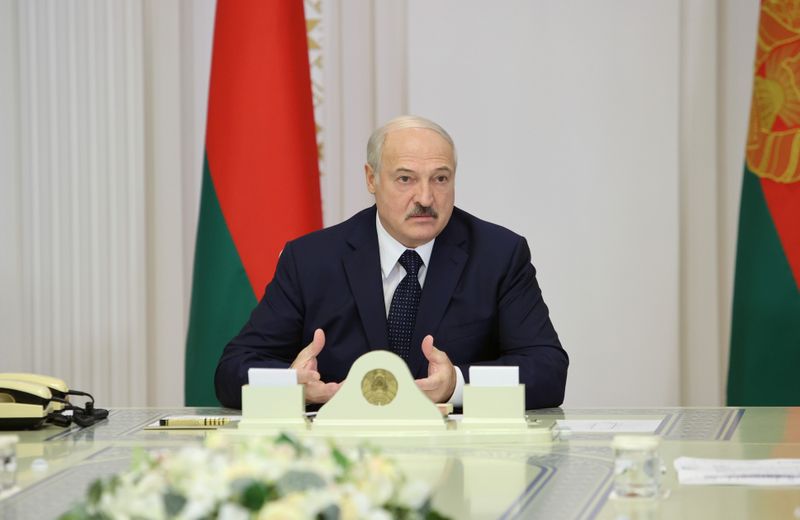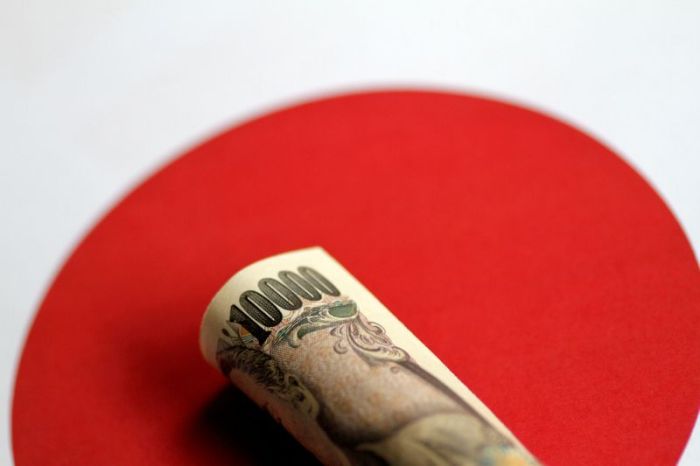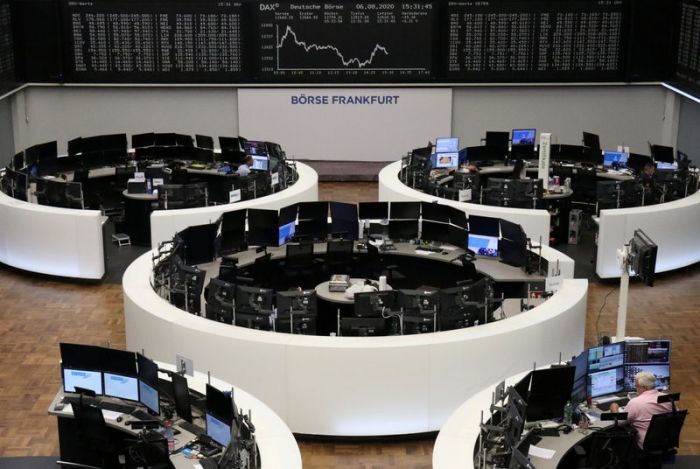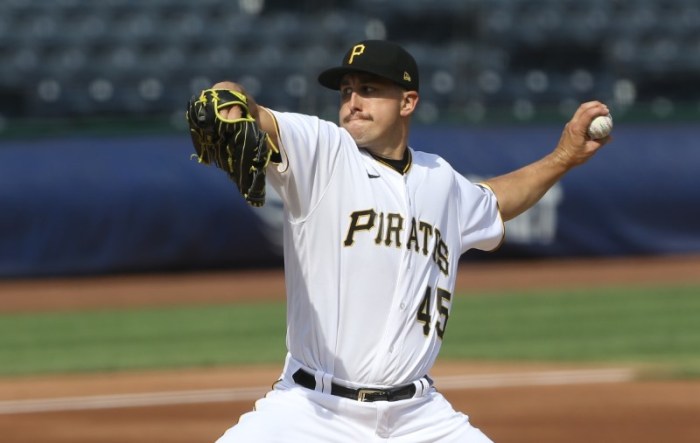MINSK/MOSCOW (Reuters) – Belarusian leader Alexander Lukashenko, facing a nearly three-week popular uprising since a disputed election, threatened on Friday to cut off European transit routes across his country if sanctions are imposed.
Speaking during a visit to a dairy factory in the country’s east, Lukashenko said he would block European neighbours from shipping goods to Russia over Belarusian territory, and divert exports now shipped through ports in EU member Lithuania.
“They got fat and forgot what Belarus is. And thought we could be frightened off with rockets and tanks,” Belta state news agency quoted him as saying. “Well let’s see who is afraid of whom. We’ll show them what sanctions are.”
Goods from landlocked Belarus account for almost a third of Lithuania’s rail traffic and port volume. Belarus is also a major overland route for European goods bound for Russia, and carries pipelines used to ship Russian oil to Europe.
Lukashenko denies opposition accusations that he rigged an Aug. 9 election to prolong his 26-year rule. Thousands of people have taken to the streets to demand he step down. He says the protesters are funded by the West, and accuses NATO of massing forces on Belarusian frontiers, which the alliance denies.
Lukashenko said he had ordered half the army to enter combat preparedness, and had agreed with Russian President Vladimir Putin that their troops could unite in the event of a threat from the West.
“If they (NATO troops) don’t hold still, it’s necessary to use a joint grouping of armed forces, the basis of which is the Belarusian army,” Lukashenko said. “The Russians must support us and follow us.”
Neighbouring Lithuania, Poland and Latvia have pushed for Europe to take stronger action against Lukashenko. Lithuania has also angered Lukashenko by hosting opposition presidential candidate Sviatlana Tsikhanouskaya, who fled there after the vote that her supporters say she won.
“The president supports effective sanctions on Belarus, at European, regional and national levels. They are used as an answer to violence of government institutions and human rights violations in the country,” Lithuanian presidential spokesman Antanas Bubnelis said on Friday.
Belarus is Russia’s closest ex-Soviet ally and its territory is an integral part of Moscow’s European defence strategy. Nevertheless, Lukashenko is seen in Moscow as a truculent friend, and the Kremlin must decide whether to stick with him.
In the biggest sign yet of Russia’s willingness to intervene to prop up Lukashenko, Putin said on Thursday the Kremlin had set up a “reserve police force” at Lukashenko’s request, although it would be deployed only if necessary.
Speaking on Friday about the Russian force, German Chancellor Angela Merkel said she hoped “such troops are not deployed”.
The West has so far acted cautiously, balancing its sympathy for a nascent Belarusian pro-democracy movement with its concern over provoking intervention from Russia. EU foreign ministers on Thursday discussed sanctions against up to 20 Belarusians they blame for election fraud and cracking down on protesters.
(Reporting by Andrey Makhovsky in Minsk and Gabrielle Tétrault-Farber in Moscow; Additional reporting by Madeleine Chambers in Berlin and Agnieszka Barteczko in Warsaw; Editing by Katya Golubkova, Sujata Rao and Peter Graff)

























